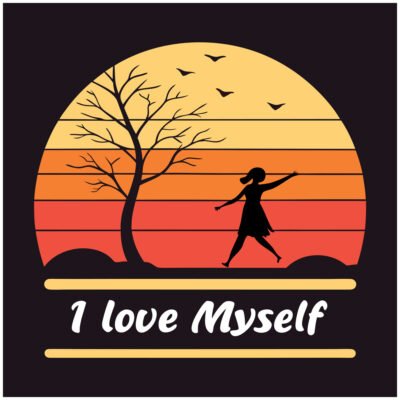In the wake of the recent Supreme Court decision around parental rights and school curriculum, the conversation has grown louder. But beneath the nois
 In the wake of the recent Supreme Court decision around parental rights and school curriculum, the conversation has grown louder. But beneath the noise, something sacred happened—children spoke up.
In the wake of the recent Supreme Court decision around parental rights and school curriculum, the conversation has grown louder. But beneath the noise, something sacred happened—children spoke up.
Some students stepped forward and said they weren’t comfortable. They didn’t say, “Don’t teach us history.”
They didn’t say, “We don’t want to know about people who are different from us.”
They said: “We want safeguards. We want to feel safe while we learn.”
And for that, many adults called them names.
Adults.
Some labeled these children as hateful. Intolerant. Bigoted. But what I saw were young people doing what adults have always told them to do: Use your voice. Speak up. Ask questions. Say something if something doesn’t feel right.
And they did.
As a Survivor of child abuse, I know personally how difficult it is for children to call for safety—especially when it requires adults to change course. We live in a world where adults often react with ego when confronted with discomfort. Even well-meaning adults. And yet, the most courageous thing a child can do is to ask the people in power to slow down, to pay attention, to create space for their developing understanding.
These students weren’t rejecting truth.
They weren’t afraid of learning about people unlike them.
They were asking:
Is this age-appropriate?
Are we being guided by people with expertise?
Can we learn about these topics in a way that respects our developmental stage, our families, and our right to feel emotionally safe?
And those are valid questions. Necessary questions.
When we were children, learning happened in steps:
Fire safety came from firefighters.
Dental health was taught by dentists. We were even given tiny toothbrushes and toothpaste.
Sex education came from the health department. It began in middle school—taught in separate rooms for girls and boys, framed by science and care, not ideology or controversy.
Even as domestic and sexual violence victim advocates, when we’re invited into schools, we adapt. We talk about “healthy relationships” in language that children can understand. We don’t share details of trauma. We don’t skip over age-appropriateness. And we always respect the diversity of beliefs in the room.
We are professionals. And our job is to protect as we educate.
There was a moment during the Supreme Court hearings—one that stuck with me. A justice questioned the appropriateness of exposing young children to BDSM (a mischaracterization or misunderstanding by the justice because of a leather zippered jacket) in school settings.
The issue revolved around a children’s alphabet book used in Pre-K through 5th grade, particularly the letter “L” (“leather”). One page featured a character in a leather jacket with a zipper, and a related exercise asked kids to find items like “leather,” “drag queen/king” etc.
He asked, “How could this possibly be age-appropriate?”
His tone wasn’t hostile. It was bewildered.
And that’s where many of us land: How did we get here, where the simple act of asking for guardrails is treated as oppression?
It is not oppressive to ask for boundaries.
It is not bigotry to request professional handling of complex topics.
It is not hatred to advocate for child-safe delivery of content that’s important and historical.
It is maturity.
It is responsibility.
It is, frankly, what we should expect from adults in charge.
To the children who spoke up: I hear you.
You were trying to protect yourselves—and your right to learn with dignity.
Moving forward, perhaps we adults can hold multiple truths:
That children should learn about people-history and contributions- of all backgrounds.
That parental involvement matters.
That all people deserve to be seen and respected.
And that children require safe, age-appropriate environments to truly learn.
May we remember: the call for safety is not an attack.
It is a request for care.
And children, of all people, deserve that care without question.
Link to oral arguments Mahmoud v Taylor
The referenced exchange is on page pages 151–153 of the Mahmoud v. Taylor oral argument transcript. The book is Pride Puppy. Please feel free to read it for yourself. The storybook is NOT the reason that this case was brought. I do not believe it is part of the curriculum anymore.
*Note: Adults jumped to conclusions about children who wanted to opt-out without even considering that some of the children who wanted to opt out may have been questioning their own sexual orientation. And that’s okay. That’s a process. Kids need space and time for so many reasons. We really got schooled.
